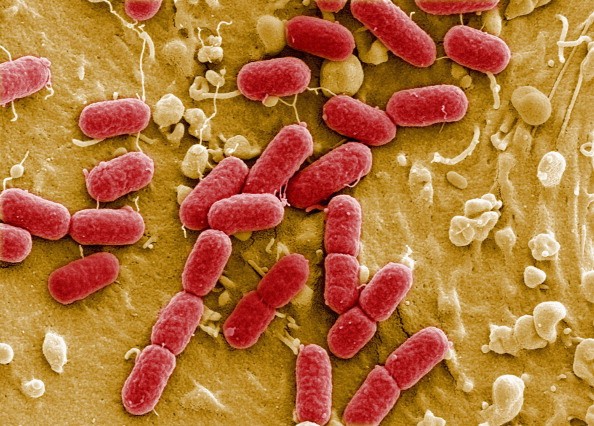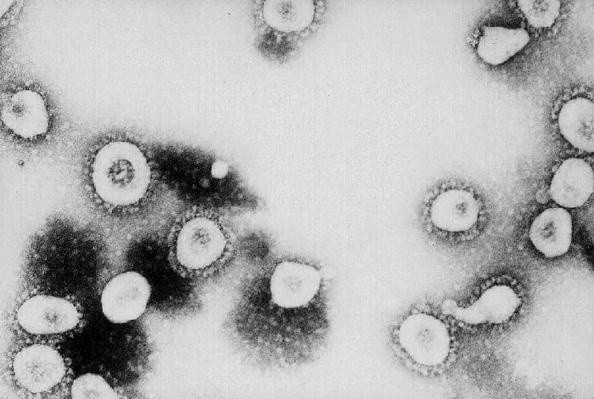Scientists claim that microbial technologies can help solve global problems.

In their new study, they explained how microbes and microbial technologies can help people overcome local challenges and global issues.
Researchers involved in the new study said that microbial technologies are underexploited because of the risks they pose.
"Microbes can, of course, be weaponized for war (biowarfare) and terrorism (bioterrorism)," they stated via their official study published in AMI (Applied Microbiology International) journal.
However, if they are used correctly, they can solve world problems; and even lead to world peace.
Scientists Claim Microbial Technologies Can Solve Global Problems
The world has human rights that allow all people to have access to basic resources and services. These include water, healthy nutrition, sanitation, healthcare, a clean environment, etc.

Also Read : Japan Invests Millions in Australian Deal for Rare Earth Metals, To Cut Chinese Reliance
However, since the world's natural resources are limited, tensions and other major problems arose, leading to conflicts.
"There is an urgent need to reduce such deficits, to level up, and to assure the provision of basic resources for all peoples," explained AMI Founding Editor Prof. Kenneth Timmis.
Timmis added that many powerful microbial technologies can make this happen. However, the professor said that these innovations are severely underexploited.
How Microbial Techs Can Lead to World Peace
According to PhysOrg's latest report, microbes and microbial technologies can help solve challenges in healthcare, sanitation, food supply, security, hygiene, and other basic needs.
One of the examples provided by the new study titled "Weaponising microbes for peace" is pollution.
Scientists explained that microbes are being used to lessen pollution through the bioremediation method.
Aside from this, various researchers also use microbes in replacing chemical methods for water treatment, as well as producing biofuels.
Based on their findings, Prof. Timmis said that their new study aims to draw attention to wide range of microbial technologies that can be deployed to solve global problems.
If you want to learn more about this new microbe study, you can click this link.
In other news, researchers use pandemic plastic to create nanotechnology. We also reported about the use of laser tech for the quick identification of bacteria in fluids.
For more news updates about microbes and other material science topics, always keep your tabs open here at TechTimes.
Related Article : Scientists Create First-ever Complete Map of Insect's Brain

![Apple Watch Series 10 [GPS 42mm]](https://d.techtimes.com/en/full/453899/apple-watch-series-10-gps-42mm.jpg?w=184&h=103&f=9fb3c2ea2db928c663d1d2eadbcb3e52)



